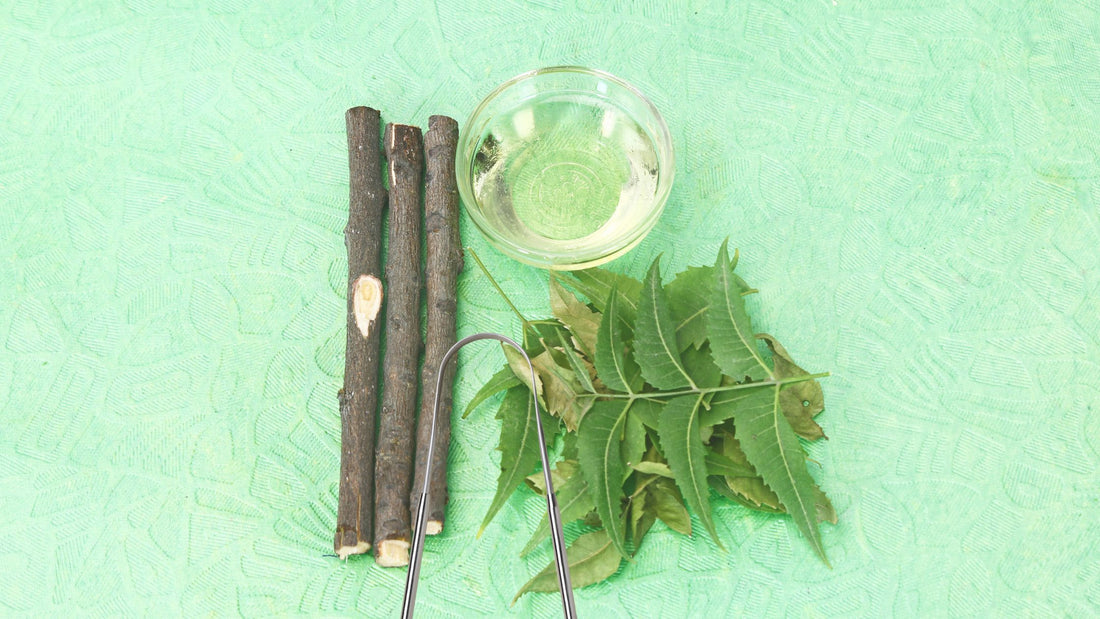Ayurveda is the traditional system of medicine originating from India offering various practices for oral health. Here are some Ayurvedic recommendations for optimal mouth care:
Oil Pulling: This involves swishing a tablespoon of sesame oil, coconut oil, or other oils in the mouth. This practice is believed to draw out toxins, reduce plaque, and improve overall oral hygiene.
Tongue Scraping: Scraping the tongue with a stainless steel tongue scraper is recommended to remove toxins, bacteria, and dead cells that accumulate on the tongue's surface.
Herbal Toothpaste and Mouthwash: Ayurvedic toothpaste and mouthwashes often contain natural ingredients such as neem, clove, cinnamon, licorice, and peppermint. These ingredients are believed to have antimicrobial, anti-inflammatory, and breath-freshening properties.
Chewing Herbal Sticks: Chewing on neem or licorice sticks is a traditional practice in Ayurveda believed to strengthen teeth and gums, fight bacteria, and freshen breath.
Dietary Recommendations: Following a diet that supports oral health is also emphasized in Ayurveda. This includes avoiding excessive consumption of sugary and acidic foods, which can contribute to tooth decay and gum disease.
Daily Oral Hygiene Routine: Ayurveda recommends maintaining a daily routine of oral hygiene practices, including brushing teeth, tongue scraping, and oil pulling, preferably in the morning before breakfast.
Stress Management: Stress is believed to impact oral health negatively in Ayurveda. Practices such as meditation, yoga, and deep breathing exercises are recommended to manage stress levels, which in turn may benefit oral health.
Regular Dental Check-ups: While Ayurvedic practices can support oral health, it's also essential to visit a dentist regularly for professional cleanings and check-ups to address any specific dental issues.
It's important to note that while Ayurvedic practices can complement conventional oral care, they should not replace professional dental advice or treatment. Individuals should consult with a healthcare provider or dentist before starting any new oral health regimen, especially if they have pre-existing dental conditions or concerns.

